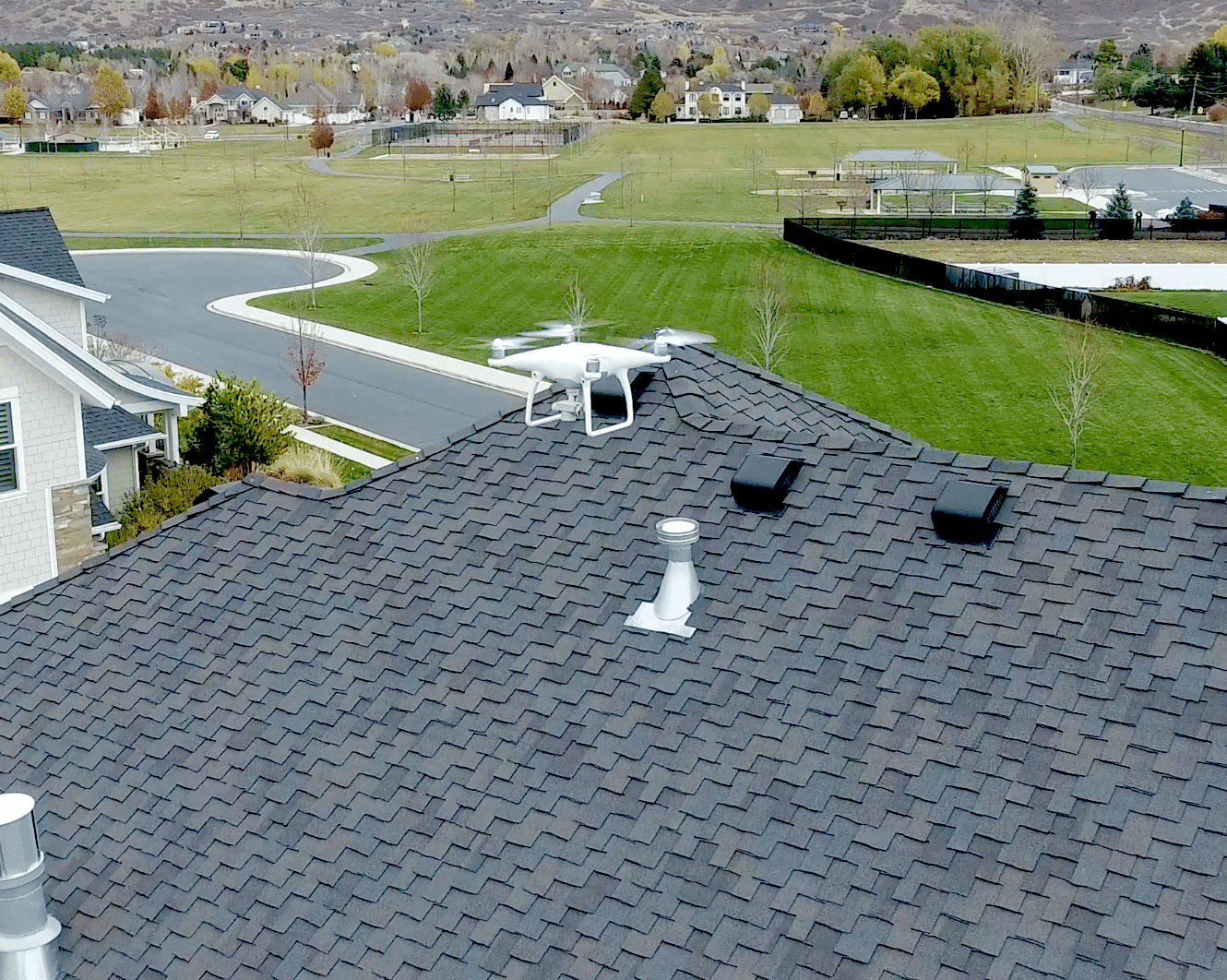The best roofing materials for a business building is determined by a number of components, together with the building's location, climate, budget, and particular necessities. There are numerous roofing options available for business properties, each with its own advantages and suitability for different situations. Here are a few of the commonest forms of roofing supplies used in business construction:
Single-Ply Membrane Roofing:

TPO (Thermoplastic Olefin): TPO roofing is known for its energy effectivity, durability, and ease of set up. It is immune to UV rays and chemical exposure, making it appropriate for a extensive range of business purposes.
PVC (Polyvinyl Chloride): PVC roofing is durable, reflective, and proof against chemicals and UV rays. Click for more has an extended lifespan and is often used in commercial and industrial settings.
EPDM (Ethylene Propylene Diene Monomer): EPDM roofing is an artificial rubber material known for its sturdiness and resistance to excessive weather situations. It is usually used for low-slope and flat roofs.
Modified Bitumen Roofing:
Modified bitumen roofing is produced from asphalt and rubber modifiers. It is durable, flexible, and appropriate for low-slope and flat roofs. It offers good puncture resistance and may stand up to harsh climate conditions.
Built-Up Roofing (BUR):
BUR consists of multiple layers of asphalt-saturated felts and bitumen. It is a time-tested roofing system identified for its sturdiness and resistance to UV rays. BUR roofs can provide excellent waterproofing when installed correctly.
Metal Roofing:
Metal roofing, sometimes made of metal, aluminum, or copper, is known for its longevity and low maintenance requirements. It is energy-efficient, reflective, and can be a wonderful alternative for business buildings.
Green (Vegetative) Roofing:
Green roofs contain the installation of vegetation and a rising medium on the roof surface. They supply power effectivity, stormwater management, and aesthetic benefits. Green roofing may be appropriate for eco-conscious industrial initiatives.
Spray Polyurethane Foam (SPF) Roofing:
SPF roofing is a seamless, energy-efficient possibility that gives glorious insulation and waterproofing. It is sprayed onto the roof substrate and might conform to irregular roof shapes.
Roof Coatings:
Roof coatings, similar to elastomeric coatings or silicone coatings, can be applied over current roofing methods to increase their lifespan and enhance vitality efficiency. They provide a cost-effective method to restore and shield industrial roofs.
The selection of roofing materials must be primarily based on factors just like the building's location, local weather, finances, maintenance necessities, and supposed use. It's important to work with a certified roofing contractor or consultant who can assess your particular wants and recommend the best roofing answer in your commercial property. Additionally, local constructing codes and rules ought to be thought of when choosing roofing supplies for commercial tasks..
